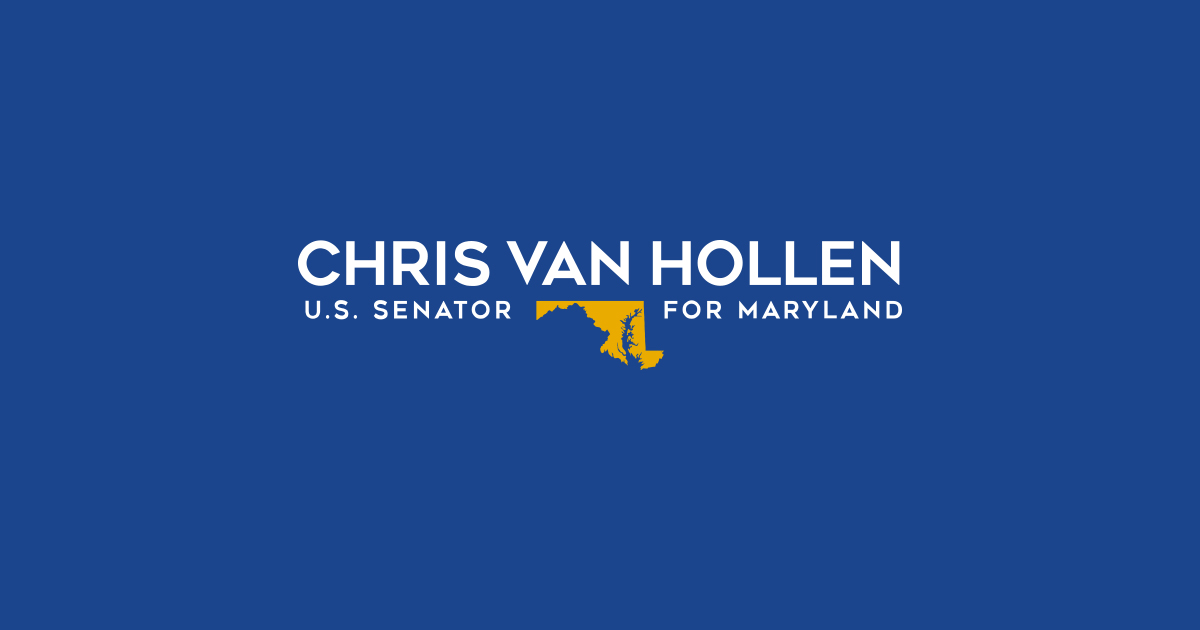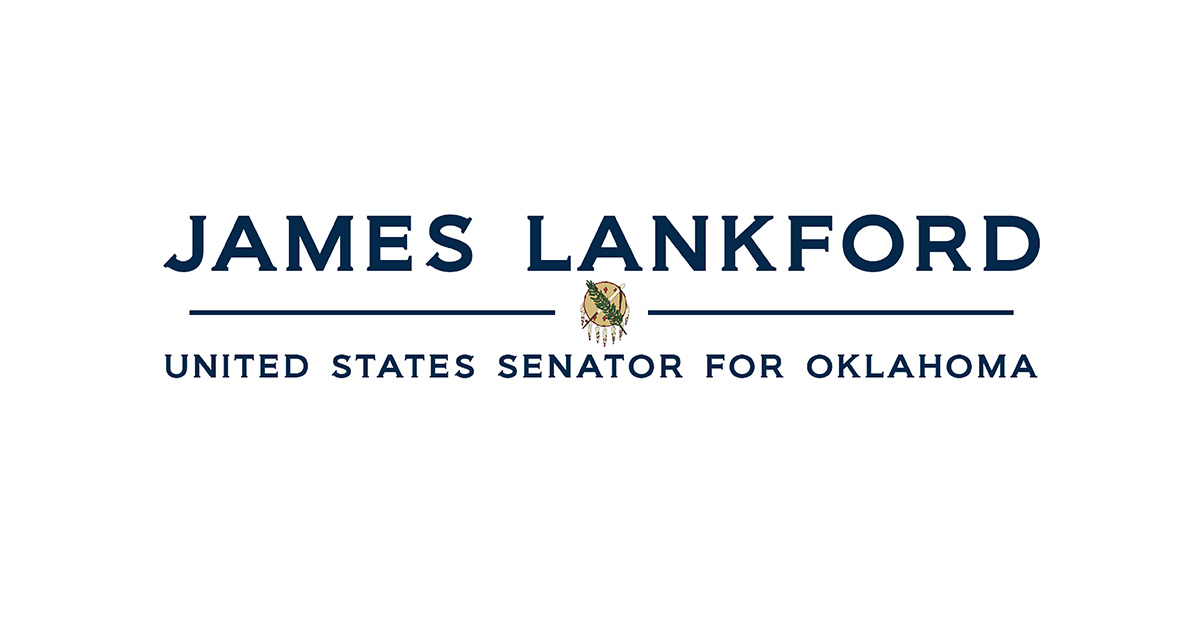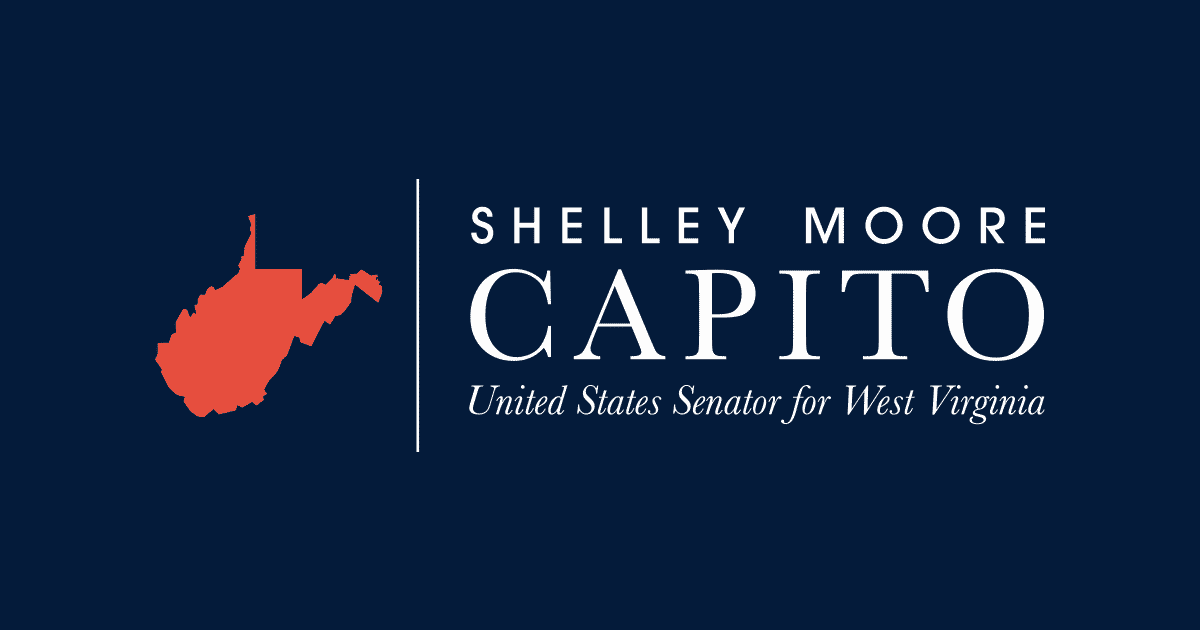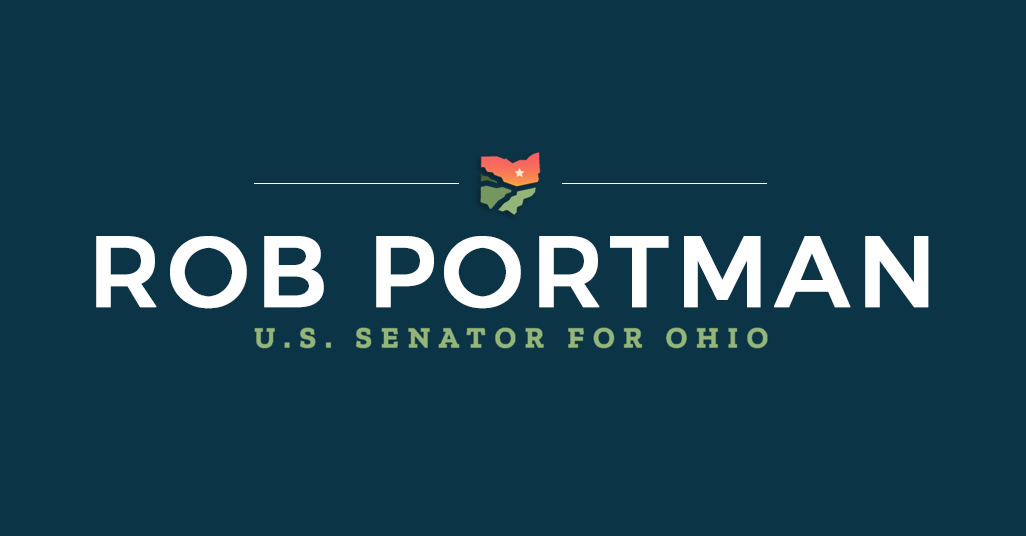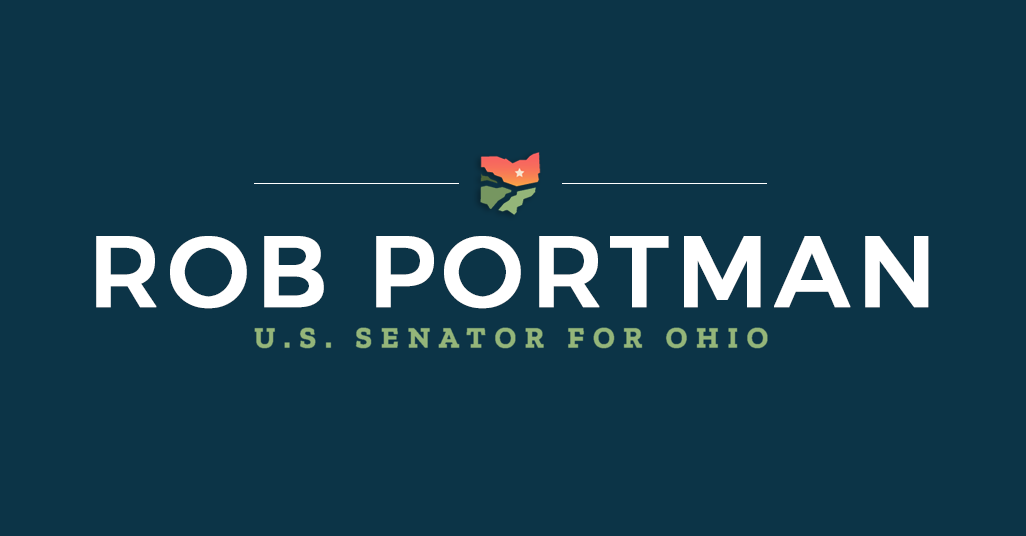Source: United States Senator for Ohio Rob Portman
September 15, 2022 | Portman Difference
Senator Portman joined Bloomberg TV’s Balance of Power today to discuss a range of topics, including his bipartisan congressional delegation to Ukraine and Ukraine’s recent successes in fighting back against Russia’s aggression, Tik Tok’s refusal to commit to cutting off China’s ability to access American user data through their app at yesterday’s Homeland Security and Governmental Affairs Committee hearing, raging inflation and its effects on the U.S. economy, and the lack of vetting of Afghan evacuees from last year’s disastrous Afghanistan withdrawal.
Excerpts of the interview can be found below and you can also watch the interview here.
PORTMAN ON HIS BIPARTISAN TRIP TO UKRAINE & CHINA’S SUPPORT FOR RUSSIA
“Well the meeting doesn’t surprise me, they’ve been meeting somewhat regularly and they have exercises together which were planned, by the way, before Ukraine apparently. But this attack on Ukraine is not going well. I was in Kyiv as you know, the capitol of Ukraine, a couple of weeks ago with one of my colleagues from the other side of the aisle on a bipartisan congressional delegation to get more information and to let the Ukrainians know how strongly we support what they’re doing, which is really providing a shield of freedom for the rest of the world. But in the last three weeks we believe that the Ukrainians have liberated approximately 3,000 square miles and really routed the Russian troops that were there. They did it because they have the morale and they have the resilience and the strength, thanks to the U.S. and other countries providing them better equipment. I think it’s a very bad news story for Vladimir Putin and it’s a great news story for freedom-loving people all over the world.
“It means we cannot stop the support. This is not the time to pull back. They do need more ammunition for some of the weapons they’ve already been provided. You also have to recall that there are 49 other countries providing military help to Ukraine, it’s not just us. We are taking the lead. And America, by showing leadership, I think has encouraged others to be involved. With regard to China, I agree with you. I think it’s very difficult to imagine that China would want to be associated with Russia right now. Not just because they are not winning on the battlefield, but because they have become international pariahs. If you look at what’s happening in the United Nations, if you look at what’s happening in non-aligned nations all around the world, including the Swiss, Sweden, Finland, and other countries who are helping Ukraine in various ways. I mean this is extraordinary. In fact with regard to the Swedes and the Finns of course, who are now joining NATO, which is exactly the opposite of what Vladimir Putin hoped would happen and so if I were China I would think this is not an association you would want to have.”
PORTMAN ON NATIONAL SECURITY THREATS FROM CHINA
“Well in my experience, and we have been looking into these issues for years now, David as you know, and I’ve done extensive investigations on a bipartisan basis through the Permanent Subcommittee on Investigations here in the Congress and we have actually passed legislation to try to protect our own information here in the United States. But it is our sense that because companies like Tik Tok continue to have a presence in China, continue to provide access to Chinese nationals for information, including with regard to Tik Tok as you know, information about our kids since about half of their numbers are people who are under the age of 16. So this is an amazing, I think, situation where they won’t agree to simply cut off the data to China. Why are they providing this data? Why is that necessary, and you know, other companies have been able to do it. I would hope that all of our platforms would be cognizant of the real risks involved.”
PORTMAN ON RESPECT FOR MARRIAGE ACT
“We are working on it. We will see what happens. If the votes do not materialize here in the next few days then I suspect this issue will be put off until after the election. But my hope is we will have the votes. What we are doing is two things. One is simply codifying what the Supreme Court has already done, but second, it actually adds additional religious liberty protections that are not currently in law, so this is actually a victory for those who are concerned about religious liberty, as I am, as many are. But it also does affirm that the Court has made a decision and simply again, codifies the fact that one state would have to respect another state’s valid marriage. The Obergefell decision, which is the Supreme Court precedent, goes even further than that and mandates the states to allow for gay marriage. That is not part of our legislation. So the legislation one is, actually less than the Supreme Court and therefore current law decision, and second, it adds additional religious liberty protections. So my hope is that we will be able to get this passed in the Senate and be able, as a country, not just to rely on the courts to decide these issues – these are tough issues – but to actually have the elected representatives, in this case the U.S. Congress, weigh in.”
PORTMAN ON LACK OF VETTING OF AFGHAN EVACUEES
“Well, we never properly vetted the Afghan evacuees who came to the United States. This is now something that the Inspector General at the Department of Homeland Security has weighed in on and said, you know, it was inadequate what was done in terms of screening people, vetting people. So it’s too bad. If you remember we had this hectic withdrawal from Afghanistan and loaded a lot of people on airplanes and took them to so-called ‘lily pads’ and then to the United States. Some of those people were translators and others who had helped the United States government. In my view those individuals ought to be a on pathway to citizenship. They stood by our troops, and in many cases risked their lives for us. But there are many others who were not connected that way, in no apparent way, people were not properly vetted. That makes no sense from a national security point of view. The FBI has told us that they think there are a few dozen people, maybe more, who could pose a national security threat who are part of that group. So let’s do the vetting, let’s be sure that these people are properly screened, to be sure they are not providing a national security threat to us and then going forward, let’s look at what the status ought to be.”
PORTMAN ON INFLATION
“You put your finger on it, David. Our issue is that here in the Congress, and in the administration, two things have happened. One is tremendous new spending, unprecedented amount of spending for so-called stimulus. And that stimulus spending, which really came out of the $1.9 trillion dollar bill that was passed a year ago – in March, caused a lot of the increased demand that caused this inflation we are seeing. But also, along with that, of course we had constricted supply already because of COVID and that was exacerbated by other decisions the administration made on regulations, particularly with regard to energy, which is in pretty much every product – some component of energy. So to say we are going to stifle fossil fuels and to discourage the development of fossil fuels reduced the supply side as well. So obviously what we need to do is stop the stimulus spending, stop the spending that we just did again, frankly, we just did it a few weeks ago here in Congress through the very poorly name Inflation Reduction Act, which is actually going to increase inflation short term based on the economic analysis. But second, we need to open up these supply chains, including the energy supply chains and by doing so through regulatory relief, through smart polices, we will be able to get this under control. But it hasn’t happened yet. The 8.3 percent we saw earlier this week from last month is very concerning and when you look at it since the Biden administration has come into office its 13.2 percent. The way I look at it is you had a dollar in your pocket in January of 2021, its now worth 88 cents. And that’s how people are feeling. They feel like they’ve been shortchanged. They feel like their retirement plans are being hurt. Again, the markets now down today. So we have got to turn this around and its by doing pro-growth polices, regulatory relief, smart tax reforms. Doing things that actually encourage more supply and less stimulus.”
###
